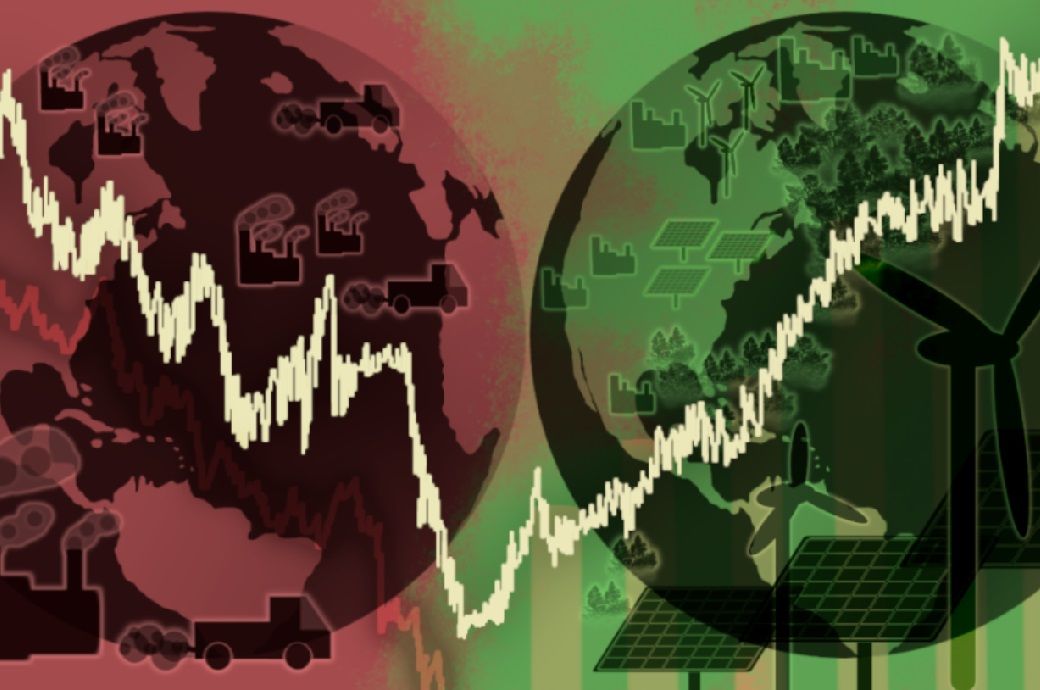
The researchers found that at least 28 of these countries peaked their emissions over the past 50 years, with 26 doing so just before or during an economic crisis, suggesting that crises have an effect on national decarbonisation processes. These include the 1973-75 and 1979-80 oil crises, the collapse of the Soviet Union (1989-91), and the Global Financial Crisis (2007-09), as per RIFS’ study.
Even when economic activity in these countries picked up again, emissions did not return to their pre-crisis levels. This positive development contrasts with the broader global trend of a steady increase in carbon dioxide emissions over this period, punctuated by small dips during crises.
The positive development was due to three mechanisms: energy efficiency measures taken by governments and firms in response to rising energy prices or deteriorating economic conditions; changes in the economic structure due to the decline of carbon-intensive industries and a post-crisis upturn for less energy-intensive industries; and new market conditions or policy changes that resulted in changes in the energy mix that reduced CO2 emissions.
The findings of the study suggest that ambitious climate policies prove effective in times of crisis, and that absolute decoupling of growth and emissions can be achieved if economic growth is moderate.
Historically, carbon and energy intensity has rarely fallen more than four per cent per year. This is why even the economies that peaked earliest, in the 1970s, still have a long way to go to fully decarbonise.
“‘Building back better’ is a popular catchphrase in times of crisis, but can it work? In our new study, we explored the impact of economic crises on decarbonisation, and showed that although crises do not automatically lead to structural changes and long-term decarbonisation, they have played an important role in triggering systemic change. Almost all countries that have peaked their CO2 emissions did so during an economic crisis,” said German Bersalli, first author from RIFS.
Fibre2Fashion News Desk (DP)